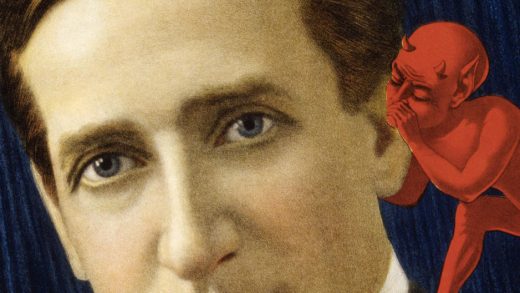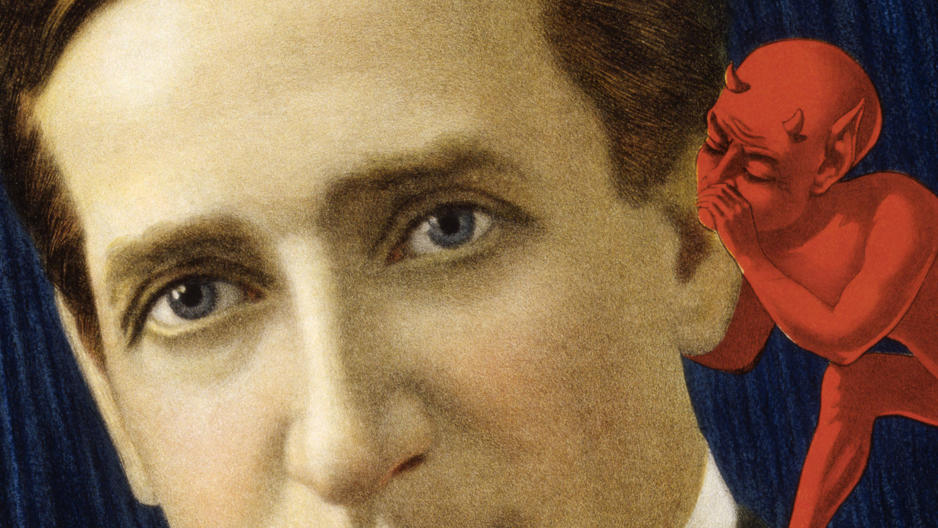The Unexpected Drawbacks To Positive Thinking
What could possibly be bad about “staying hopeful” or wrong about trying to “think positively”? Coaches and experts routinely say that fixing our mind-sets can help us fix most of our problems. For example, if you’ve been fired from your job or dumped by a significant other, your first task is to cheer yourself up, push yourself to see the bright side, and begin finding happiness again. Current events or a tough economy stressing you out? A bit of optimism is all you need to see the light at the end of the tunnel once more.
On the flip side, failing to practice positive thinking risks letting your anxiety-ridden mind turn even trivial inconveniences into major drama. Or so the conventional wisdom goes anyway. But in reality, not only is positive thinking less universally beneficial than we might think, but negative thinking may not be so categorically bad.
There’s no shortage of research highlighting the health and social advantages of optimism, but even that wealth of findings still leaves a few good reasons to distrust the supposedly boundless powers of positivity. These are a few of them:
Unrealistic Expectations Tend To Backfire
If you’ve already broken your New Year’s resolutions, you’re not alone. Researchers have estimated around one in four resolutions are abandoned within the first week, and up to 90% of self-improvement attempts overall wind up failing.
That’s not because of insufficient hope or weak self-confidence, though. It’s due to excessive optimism. The more ambitious your goals, the more confident you’re likely to feel about accomplishing them, and the more you expect to benefit from doing so—and, ultimately, the less likely you are to succeed.
On the other hand, those who skew more pessimistic about reaching their goals may be more likely to achieve them, not least because their self-doubt pushes them to work harder to reach them. When you really want something, you’re better off thinking that you won’t get it than assuming you will.
You Can’t Become An Optimist Overnight
We tend to think of motivation as something malleable, but that may be wishful thinking. To a large extent, our willpower levels depend on our personality and core values. This is why two people will react very differently to the same experience, even in extreme cases. As population-wide studies suggest, happy people tend to stay calm and resilient even when terrible things happen to them, whereas more negative-minded people seem unable to enjoy positive life events for more than short bursts of time.
What’s more, the personality characteristics that lead one person to have a generally happy disposition and another to have a rather unhappy one are largely genetic, so we can’t expect people to change their mind-sets the way they change their underwear. That isn’t necessarily bad news, though. The better we grasp it, the less guilty we’re likely to feel for failing to harness the power of positive thinking to alter our mood states whenever we want.
Instead, how we typically feel is just another part of who we actually are. Which means we’re better off coming to terms with this than trying to go against our natures and become someone else.
Realistic Pessimism Beats Deluded Optimism
In the long run, at least, a sober view of things is probably preferable. While it may be comforting to interpret misfortunes in a positive light (as Oscar Wilde put it, “We are all in the gutter, but some of us look at the stars”), it may be more adaptive to face the facts and deal with them, no matter how painful that is.
Human beings are already powerfully predisposed to selectively ignore facts and data that are unpleasant. We’re psychologically inclined to sacrifice the pursuit of truth in order to feel good about ourselves. So for all the talk of fake news and how the digital age is disrupting reality, we’re not as interested in reality as you may think.
So-called “filter bubbles” may further harm our curiosity and critical thinking, but it’s our inborn and largely subconscious desire to remain misinformed that predates them—and may even have given rise to those bubbles in the first place. In the end, would you rather be happier but disconnected from reality, or upset but in touch with it? While that may be something of a philosophical question, it’s usually the case that ignorance is only bliss for a short time; sooner or later reality catches up with it.
In the grand scheme of things, a certain amount of dissatisfaction is critical to drive progress and advance civilization. It’s only when we’re unhappy, even upset, about things that we will feel the urgency to act and create change. Complacency is the enemy of progress, and happiness is just an extreme manifestation of it. Not to put too fine a point on it, but our species’s ability to suffer is an essential trigger of change. Taken too far, positive thinking threatens to inhibit it—and usually fails anyway.
Fast Company , Read Full Story
(15)



